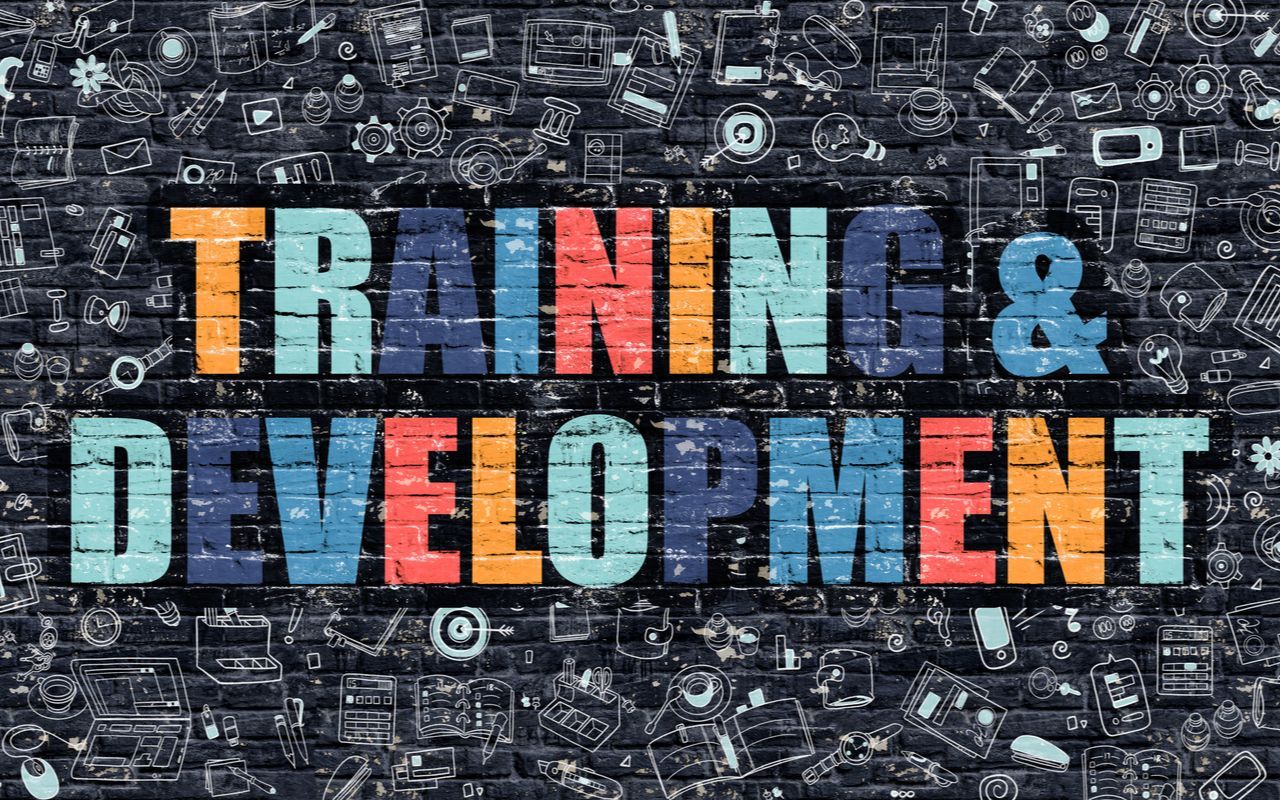Businesses are constantly evaluating the future of their industry and trying to figure out ways to adapt to what the future will bring. Because the future brings so many unknowns, it is, by nature, hard to prepare for. One company, Faith Technologies, decided that the best way to prepare for the future is to prepare its employees to be ready for whatever comes.
Faith Technologies is an energy expert and national leader in electrical planning, engineering, design and installation and for years has been committed to training all employees from apprentices to the C-suite. The company started its own nationally recognized in-house training program called Faith Technologies University which has locations in Wisconsin, Kansas, Oklahoma and Georgia that feature classrooms and hands-on labs. The program addresses the skilled labor shortage and includes training for new employee onboarding, apprentices, high-potential leadership training and the brand new ICIAN program.
This type of training has become even more important considering the technological advances occurring in the construction and manufacturing industry today. Contractors’ clients need advanced skill sets—not only electricians but other types of “-icians,” as Faith Technologies’ CEO Mike Jansen coined them—with specialized training to add value for customers. This need is the impetus for how Faith Technologies’ ICIAN program was born.
Faith Technologies worked with its training team at Faith Technologies University to develop two separate ICIAN program tracks: one specializing in smart buildings and the other on smart manufacturing/plants (future industry trends). Curricula were developed with the support of Faith Technologies’ solutions architects and subject matter experts from engineering, finance, risk management and cybersecurity. These team members are involved in the actual training as well.
Faith Technologies also worked with its industry partners, such as Schneider Electric and Rockwell Automation, who were instrumental in developing the curriculum to support their respective products and systems. Faith Technologies also sought additional partners from beyond the electrical contracting world to help provide the ICIAN training program with a well-rounded understanding of its clients and their business needs.
In addition to the technical training, Faith Technologies realized the importance of its ICIANS having solid business acumen and built this into the curriculum. Training in subjects such as lean manufacturing and key performance indicators (KPIs) was included to build well-rounded team members.
Through Faith Technologies’ ICIAN program, team members are trained to support customers’ holistic business needs including energy management, building automation, industrial automation including programmable logic controllers, human-machine interface and robotics. Not only can trained ICIANs do electrical and systems work, but they can also perform data analytics to understand power quality to help reduce energy costs and create productivity gains. Faith Technologies’ ICIANs are skilled in digital capabilities, driving smart factories, smart energy and smart buildings, helping its clients in their digital transformation reach their goals and objectives.
In-house training programs are vastly different from a college education because students are not evaluating hypothetical scenarios for a hypothetical job or company. In-house training provides real-time exercises with current clients and actual problems that need to be solved. Not only are companies able to train them in a specific industry, but employees also learn about the company culture in the process which keeps them more engaged in their work.
So how do companies prepare for the future? By using its current tenured workforce to develop and implement in-house training programs to address the current and future needs of the industry. Companies can no longer sit back and expect employees with the right training to come to them, they need to take control by analyzing the specific needs of their organization and customers.







